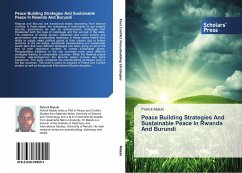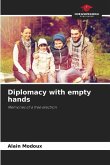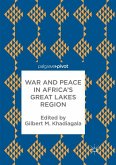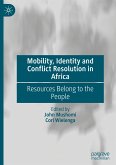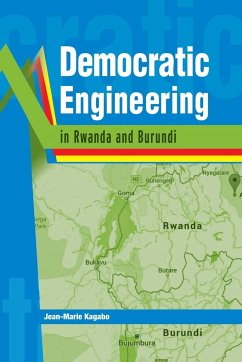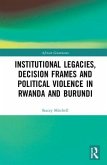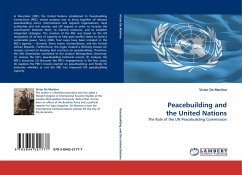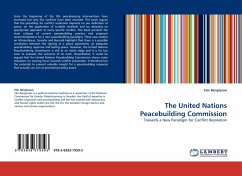Rwanda and Burundi are transitional states recovering from internal conflicts. In these states, the unleashing of instruments of war created security, governance as well as socioeconomic challenges that threatened both the lives of individuals and the survival of the state. The existence of armed groups, militarized and uncivil society and governments with questionable legitimacy in these states limited their ability to supply major political goods to their citizens due to limited authority. In the two states, substantial peacebuilding and sustainable peace work that uses different strategies has been going on since the end of their respective conflicts to create sustainable peace. Peacebuilding initiatives in the two countries have used different strategies leading to comparable outcomes. While the Rwanda peace process was endogenous the Burundi peace process was more exogenous. The study compared the peacebuilding strategies used in the two countries. This book is useful to scholars in Peace and Conflict studies as well as the general International Studies discipline.
Bitte wählen Sie Ihr Anliegen aus.
Rechnungen
Retourenschein anfordern
Bestellstatus
Storno

